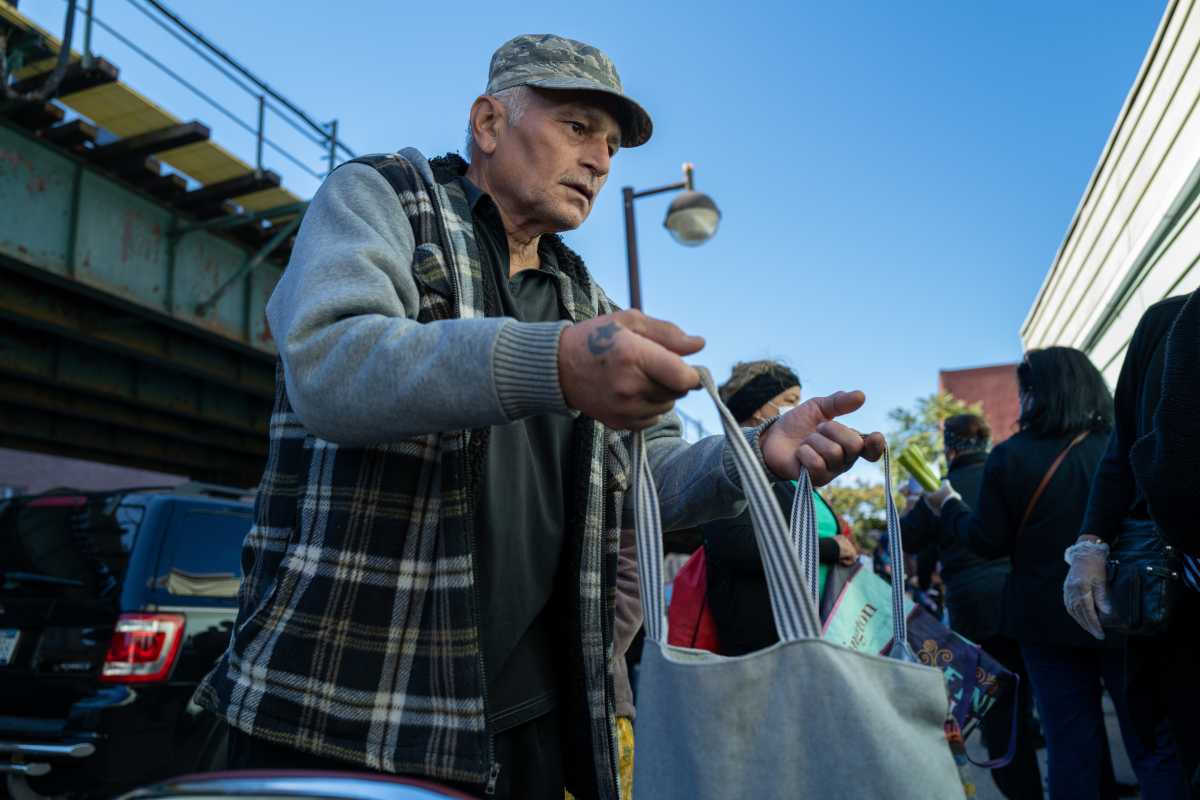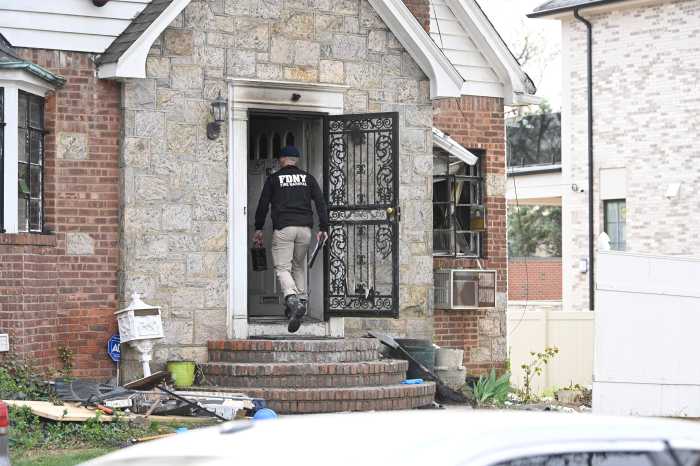Fusing Gritty Blues Rock with Afro-Caribbean and New Orleans Spirit, Paris-based power roots trio Delgres drops “4:00 AM.”
“It’s a brand of Creole blues built on strands of African and French Caribbean culture, Mississippi blues storytelling and New Orleans grooves,” New York entertainment publicist Cindy Byram told Caribbean Life on Monday.
“The lyrics, sung mostly in Creole, address issues such as poverty, slavery and the struggles of the immigrant searching for a better life,” she said. “It’s a powerful combination that conjures the spirit of the blues to speak up, but also celebrate and heal.”
Singer, songwriter and guitarist Pascal Danae, founder and leader of Delgres, said “the blues is not sad music.
“They might be talking about terrible conditions, about terrible losses, but the bottom line is hope,” he said.
Byram said “4:00 AM,” which was released on April 9 on [PIAS] Records, is the follow-up to the trio’s potent 2018 debut release “Mo Jodi” (“I’ll Die Today”).
Danae said “4:00 AM’s” music and themes are a reaffirmation of the group’s origins.
“It is linked to the name of the band,” said Danae, whose ancestors were slaves on the French Caribbean island of Guadeloupe.
The trio is named after Louis Delgrès, a Creole officer in the French Army who died in Guadeloupe in 1802 fighting against Napoleon’s army, which was sent to reinstate slavery in the French Caribbean.
“Here’s a guy who actually decided to give his life rather than go back to slavery,” Denae said. “Once you have that in the background, you understand the themes in the songs.
“Our first album was linked to what Louis Delgrès did in his fight for freedom,” he added. “Now, in this second album, it’s about our times.”
Partial translation of the Creole lyrics of “4:00 AM” goes: “Yes, I was just a child/That you cradled in your heart/I did everything I could/You left me and went away/Even today, I remember/Everything is still so clear/I see you back on the boat/You left me and went away.”
As the son of Guadeloupean parents, Danae was born and raised in Paris, once the center of the French colonial empire.
Byram said Danae’s perspective on colonial and post-colonial history informs his music and his message.
“My father came to mainland France from Guadeloupe back in the 1950s, and my mother in 1962. A lot of people from the West Indies moved to France at that time,” Danae said.
“And many years later, we can see the same thing happening with people from Africa, risking their lives trying to give their families a chance of a better life,” he added. “This is the background of what we address in this album.
“We are all dealing with COVID and it’s taking up all the space,” Danae continued. “Everything you can see and hear is related to the pandemic, and we forget that for these people, still struggling, reality has not changed. “So we try to keep shedding some light on them and their situation just so, as a society, we don’t forget. We have to be there for those who can’t speak for themselves.”
Byram said “4:00 AM” features powerful songs such as “Assez, Assez,” (“Enough, Enough”) the first single from the album and a snapshot of the tragedy of immigrants dying at sea while trying to reach a new place.
“La Penn” (“The Pain”) is “an unusual cry of a poor guy that becomes a terrible person just because of bad luck,” she said.
Byram said “Aleas,” (“Hazards”) speaks of the anguish of separation, “the age-old story of the immigrant leaving family behind as he looks to settle in a new place.”
“Se mo la” (“These words”), according to Byram, “addresses the racism in those words that ‘burn my heart, while “Lese mwen ale” (“Let me go”) and “Libere Mwen, Libere Mwen” (“Free Me, Free Me”) “speak simply and directly about slavery.”
























